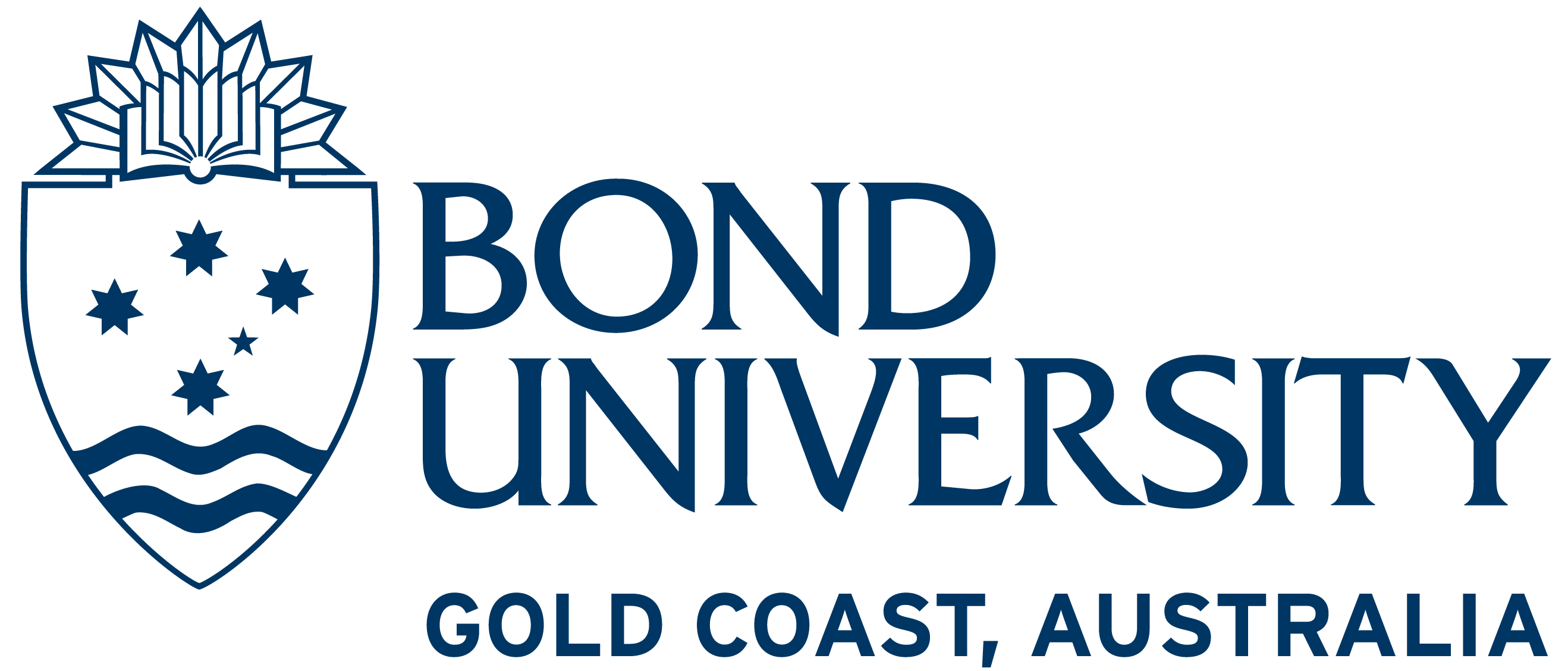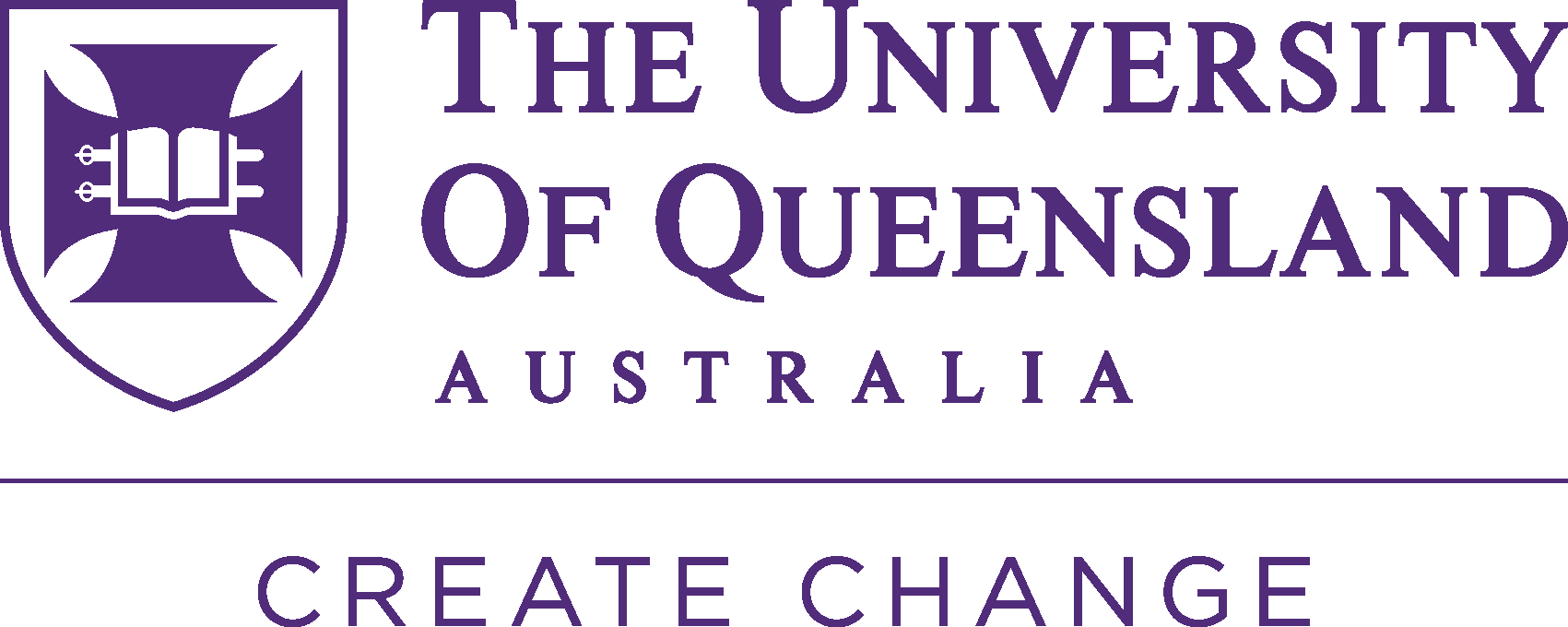Overview
Both Bachelor of Laws (LLB) and Juris Doctor (JD) programs educate you to practice law and allow you to apply for registration in Canada. The main difference is that the LLB is offered at the undergraduate level, and the JD is offered at the postgraduate level.
LLB students can study the program directly from high school or after having completed some post-secondary studies.
Australian law schools provide a solid foundation for graduates planning to practice law in Canada (with the exception of Quebec).
Practicing in Canada
Graduate qualifications in law from Australian universities are recognized internationally. Canadian students who wish to practice as lawyers upon their return to Canada are required to apply to the National Committee on Accreditation (NCA) for assessment as the first step in the accreditation process.
Learn more about the process of becoming a lawyer in Canada.
Related FAQsHave a question?
Can I apply if I’m only 17?
Yes, but you’ll require parental or guardian consent (signature). OzTREKK will provide the necessary documentation for this signature.
If you won’t be 18 when your program starts, you’ll be required to show that you’ll be living with an approved guardian until you turn 18. If you don’t have an approved guardian in Australia, you may need a family member to apply for a guardian visa to accompany you. This guardian visa should be obtained as part of the student visa application.
Are there any scholarships for international students?
Scholarship options in Australia are usually limited for international students as they tend to be reserved for those undertaking postgraduate research degrees; however, we can advise you where to look and whether specific programs have a history of offering scholarships.
Occasionally, scholarships are granted to high achievers—those with very high marks. In previous years, we have seen $5000- to $10,000-scholarships given to OzTREKK students.
Check out OzTREKK’s Financing page to learn more about scholarships and paying for your degree.
What does “rolling admissions” mean?
Rolling admissions means the university assesses applications as they are received, AKA “first come, first served” or “first come, first offered.” As soon as they’ve met the quota and the program is filled, they usually start a waitlist and close the applications. So, for a program that has rolling admissions, the earlier you apply the better!
What is an “official” transcript?
An official transcript is one that is
- emailed directly from your university to OzTREKK via an official transcript service like Parchment or MyCreds; or
- mailed directly from your university to OzTREKK.
To process your application(s), universities require your transcripts to be certified, which we do on your behalf.
What are the average marks for entry into law school?
Varies by university and program chosen. If you’re considering a graduate-entry law degree, the minimum cGPA is approximately 2.5 – 2.7/4.0; competitive is 3.1 – 3.7/4.0 cGPA.
For Bachelor of Laws degrees, most eligible candidates have a high school diploma with an overall average of approximately 65% – 75%. Assessment is based on Grade 12 marks only.
Can I stay in Australia to practice law?
While graduates are eligible to continue the steps to practice in Australia, it is imperative to understand the visa process that is associated with continuing to live and work in Australia. Find out more about staying in Australia to practice law.
What if my transcripts / documents are not in English?
If your documents are not in English, you must provide full translation of each document, either prepared by your university or by a registered translator. You must not translate the documents yourself.
For translations, have your institution send OzTREKK your official transcript. We’ll certify it and email it to the translator of your choice, directly.
Usually, the translators wait for your payment before completing the translation and returning it to our office. Please read How Do I Send My Transcripts for more information.
Are there any scholarships available to law students?
Scholarship options in Australia are usually limited for international students as they tend to be reserved for those undertaking postgraduate research degrees; however, we can advise you where to look for scholarships and whether specific programs have a history of offering scholarships. Just reach out!
Is the LSAT required for Australian university law programs?
No. The LSAT is a North American admissions requirement and not required for our featured Australian JD or LLB programs. You will not find many other international schools requiring applicants to complete this exam unless they’re modeling their admissions requirements on the North American standard.
How will the law schools calculate my average? From my last two years, or from all years?
All OzTREKK-represented law programs will base your law application academic assessment on your cumulative average.
If you’re considering undergraduate-entry law degrees straight from high school, they will consider your top 5 – 6 courses from your Grade 12 results, depending on your province.
Check university-specific law program pages for details.
Will my Australian law degree be recognized in Canada?
Graduate qualifications in law from Australian universities are recognized internationally. The basic process when returning to Canada and meeting the requirements to practice as a lawyer is as follows:
- NCA – Assessment and challenge examinations
- Articling (or a Law Practice Program – LPP)
- Barrister & Solicitor Exams
- Being “called to the Bar”
When you return to Canada after completing an international Law degree, including a degree from an Australian law school, you will first apply to have your credentials assessed by the National Committee on Accreditation (NCA). All applications are assessed by the NCA on a case-by-case basis because everyone’s application is usually unique based on their own personal experiences and academic history.
NCA assessments focus on the core common law subjects in which you will demonstrate competence, including five Canadian subjects which are mandatory for all applicants. Most Australian law school graduates who apply through the NCA would be asked to complete challenge exams in the following five areas:
1. Canadian Administrative Law
2. Canadian Constitutional Law
3. Canadian Criminal Law
4. Foundations of Canadian Law
5. Canadian Professional Responsibility
Once you have successfully completed the assigned requirements, the NCA will issue a Certificate of Qualification. That certificate is required to apply to a Canadian law society in a common law jurisdiction. Be sure to visit the Federation of Law Societies of Canada website for accreditation and certification information and contact us if you have any questions.
For further details on the steps required, please visit our Practicing law in Canada page.
When can I start my law studies in Australia?
Australian law programs start at various times per year, depending on the university. All programs offer a first-semester intake each year, which is January/February/early March. Many programs also have semester 2 and 3 intakes, which can be anywhere from May through early November, depending on the university’s academic calendar.
Learn more about your law degree options.
What is the difference between the undergraduate-entry Bachelor of Laws and the Juris Doctor?
The Bachelor of Laws (LLB) and Juris Doctor (JD) are law degrees that allow you to follow the post-grad steps for licensing to practice as a lawyer, in Canada, the USA, and Australia. See our Law Licensing page for more information.
Bachelor of Laws (LLB): This is an undergraduate law degree. Students can enter this LLB program directly from high school or after a college diploma or partially completed university degree.
Juris Doctor (JD): This is a graduate-entry law degree. Applicants require an undergraduate degree to be eligible for entry.
The main difference is that the LLB is offered at the undergraduate level, and the JD is offered at the postgraduate level.










































Request a Presentation